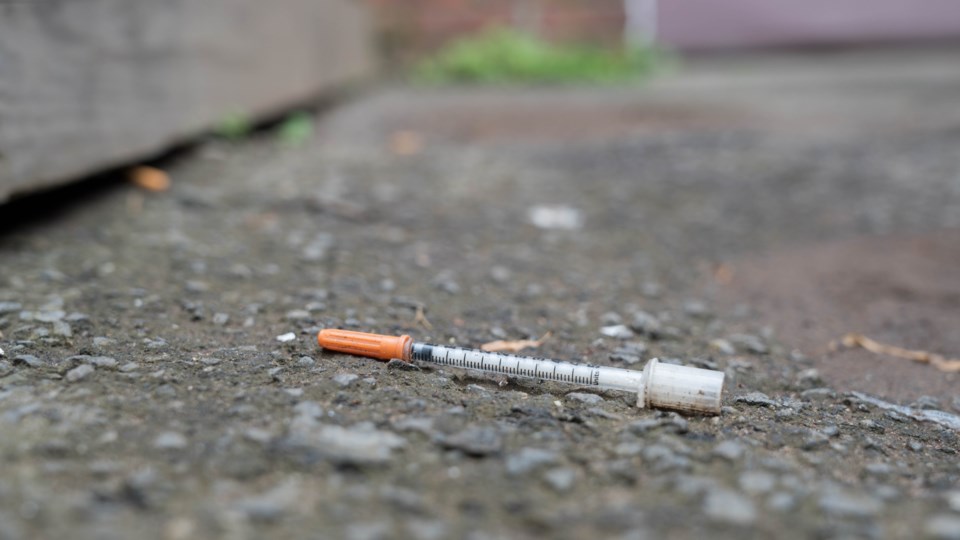Prince George is one among 27 communities in British Columbia to receive provincial funding to help combat the overdose crisis.
The province is giving out approximately $1.7 million for the Community Innovation Grants in total, which supports local organizations that are working to save lives, address stigma and connect more people to treatment and recovery.
In Prince George, the grants will support the Central Interior Native Health Society and the New Hope Society.
The amount of each grant will vary depending on local project requirements with funds being allocated up to $75,000, and each project selected is specific to the needs of the communities.
"People on the ground — in communities — are the best equipped to identify what's working, to find the gaps and to set priorities as we work together to end this achingly long public health emergency," said Judy Darcy, Minister of Mental Health and Addictions, in a provincial press release. "That's why I am so encouraged by the projects put forward from communities in every part of B.C. to save lives, fight stigma and connect more people to treatment and recovery."
This funding is part of a two-stream grant process administered through the Canadian Mental Health Association (CMHA) and Community Action Initiative (CAI) that aims to provide targeted resources for innovative overdose prevention measures in communities affected by the overdose crisis.
"Communities are working hard to find thoughtful and locally appropriate ways to counter the overdose crisis," said Dr. Patricia Daly, executive lead, Overdose Emergency Response Centre in the release. "We are grateful for the opportunity to support these 27 projects to expand the reach and scope of our overdose response."
The grants come from the Community Crisis Innovation Fund which is part of the province's three-year, a $322-million investment to address the overdose crisis.
Local organizations were also selected in areas such as the Fraser Valley, northern Vancouver Island, Okanagan, Fort St. James (Nak’azdli Whu’ten), Quesnel, Smithers and the Lower Mainland.
The Central Interior Native Health Society is also working with another group called POUNDS, which stands for Preventing Overdose UnDoing Stigma, to bring mobile harm reduction services to people who use substances.
The group held an open house on Oct. 14 at the Fire Pit Cultural Drop in Centre, to provide more information about the new service to the general public.



